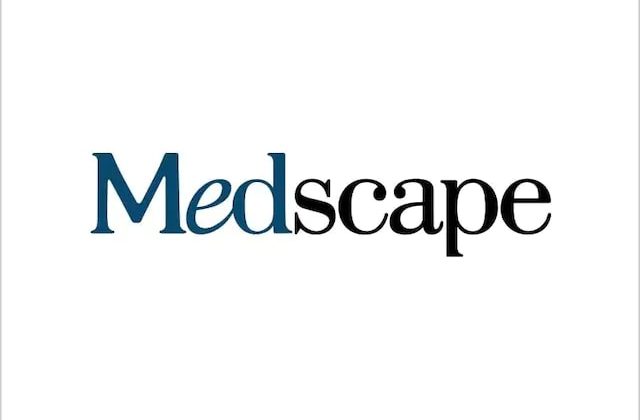(Reuters) – The U.S. health regulator’s staff reviewers on Wednesday raised a string of concerns with Intercept Pharmaceuticals’ treatment for a type of fatty liver disease, sending the drugmaker’s shares plunging 22%.
The U.S. Food and Drug Administration’s reviewers flagged increased risk of diabetes and liver injury from using the oral tablets, called obeticholic acid (OCA), for the treatment of nonalcoholic steatohepatitis (NASH).
The comments come ahead of the first meeting of the FDA’s outside advisers on Friday to discuss Intercept’s OCA for NASH, which has no approved therapies.
The drug was in the past widely expected to become the first approved NASH therapy, but the FDA rejected the company’s marketing application in 2020, as it found that its predicted effectiveness failed to outweigh the potential risks.
In 2016, OCA was approved under brand name Ocaliva for treatment of chronic liver disease primary biliary cholangitis, but the FDA restricted its usage in 2021 in patients with severe cirrhosis due to serious liver injury risks.
On Wednesday, the FDA’s reviewers listed increased risk of sludge formation in the gall bladder, and imbalance of certain lipids, as some of the risks with the drug. “During the course of our review, FDA identified modest benefits and serious risks of OCA for treatment of NASH,” the staff said.
The reviewers said the 25 mg dose pills showed superiority compared to placebo in terms of reduction in liver scarring in NASH patients after 18 months, but added there was uncertainty on how that might translate into meaningful clinical outcomes.
The total patient population eligible for OCA, if approved, will be between 6 million and 8 million Americans, according to the FDA.
Several drugmakers including Novo Nordisk and other smaller companies such as Madrigal Pharmaceuticals Inc and Akero Therapeutics Inc are racing to enter what is expected to be a multi-billion dollar U.S. market.
(Reporting by Sriparna Roy and Leroy Leo in Bengaluru; Editing by Rashmi Aich and Shinjini Ganguli)
Source: Read Full Article
